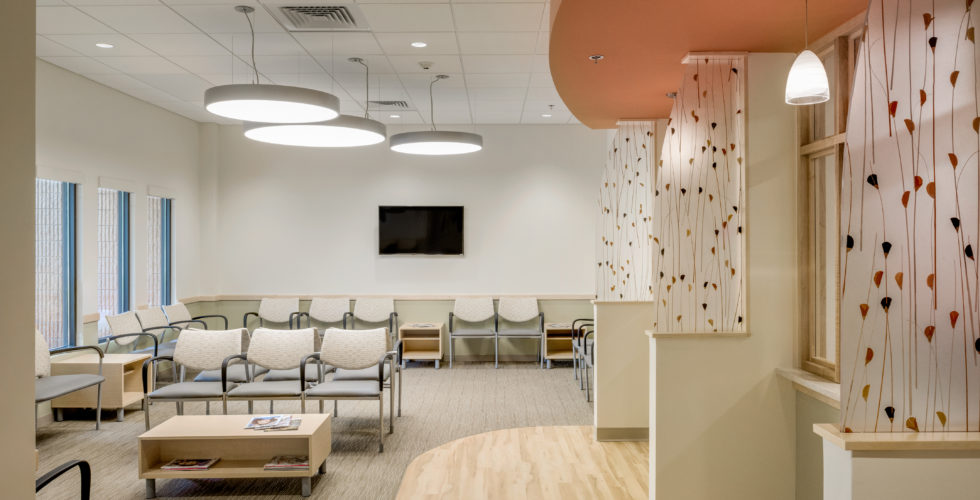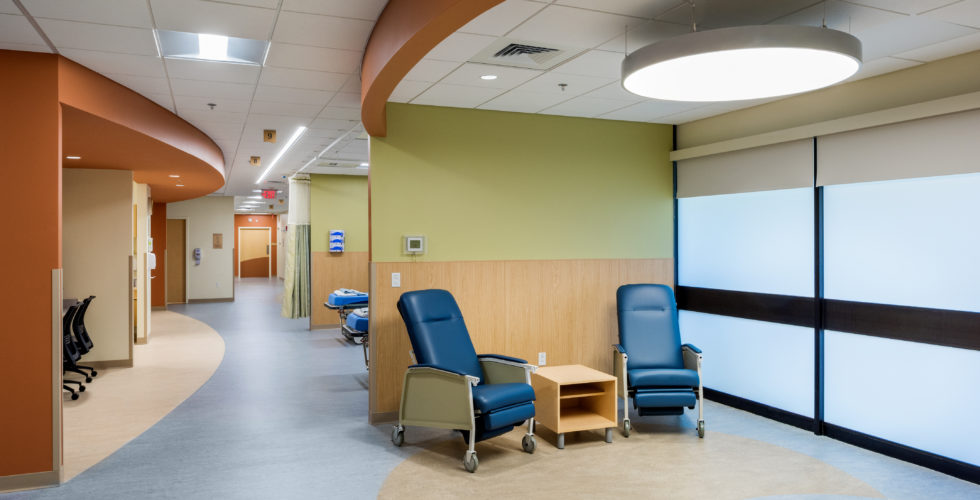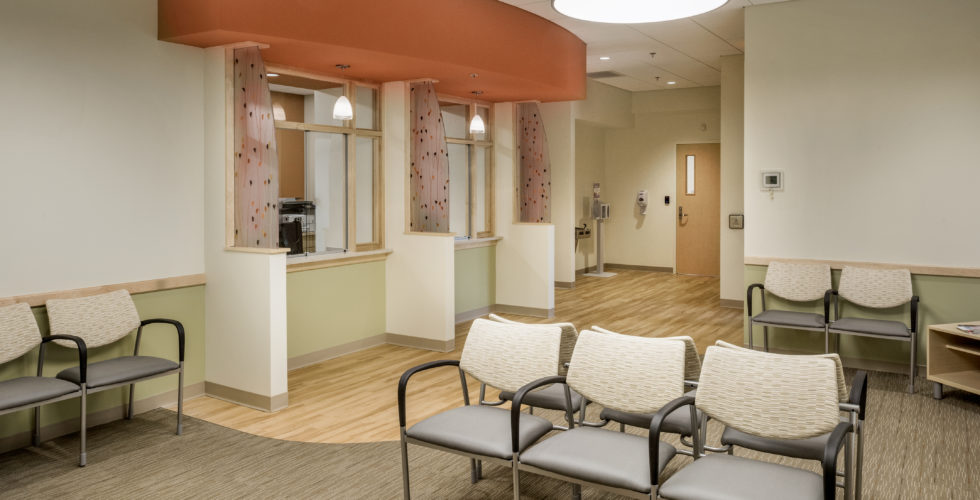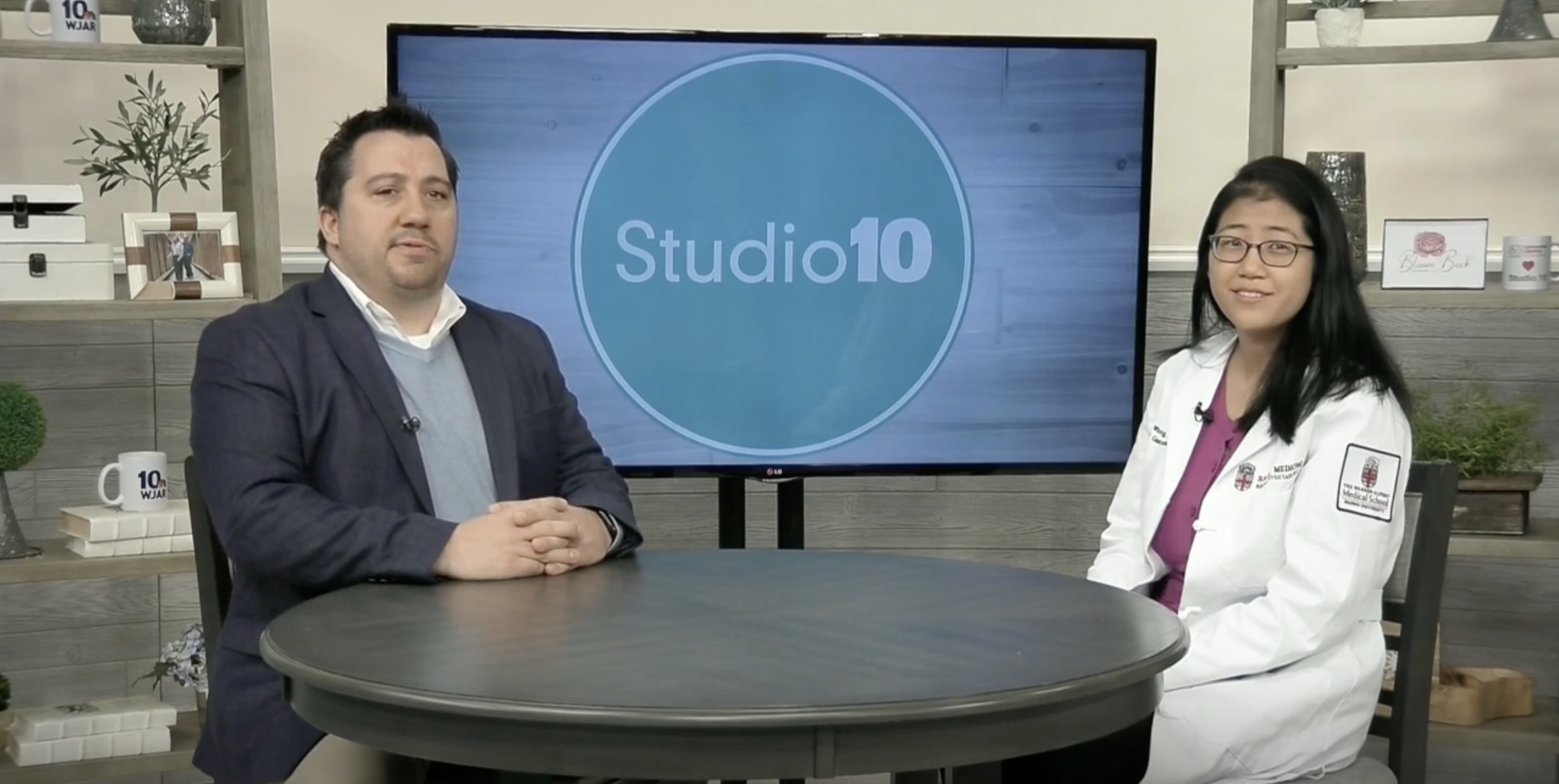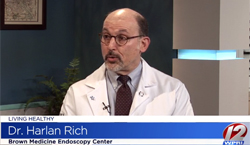The Brown Medicine Endoscopy Center is a brand-new, 9,295-sq. ft. outpatient endoscopy suite offering personalized, skilled patient care in a convenient setting. Diagnostic and therapeutic upper endoscopy and colonoscopy services are performed by a team of experienced Brown Medicine gastroenterologists, nurses, technicians and assistants who specialize in treating digestive disorders. The Center features state-of-the-art technology, comfortable recovery rooms, easy highway access, and plenty of free parking.
Meet Our Team
Important Information About Your Procedure
Your physician’s office will give you instructions to prepare you for your exam. Please follow these instructions carefully, and if you have any questions, please call the physician’s office.
Most daily medications should be taken with a small sip of water the morning of your procedure. If you have specific questions regarding your medication, please contact your Primary Care physician. Medications that are used to thin your blood, diabetic medication and anti-inflammatory medications may need to be adjusted or discontinued prior to your procedure.
You will receive either moderate or deep sedation for your procedure. You will not be permitted to drive after your exam, so please secure a ride home and ensure that someone will stay with you overnight. Please be aware that your procedure may be canceled if you do not have a ride home or someone to stay with you. Please contact your physician if you are unable to make these arrangements.
How to prepare for your procedure
- Your stomach should be completely empty. Do not eat anything after midnight the night before your exam. Patients having a colonoscopy will require oral laxatives and clear liquids the day before and morning of their procedure. (For example: water, plain tea or plain coffee. No milk, cream or nondairy creamer). These clear liquids should be finished two hours prior to your arrival at the Center. Please follow the instructions provided by your physician.
- You may brush your teeth the morning of your procedure.
- For procedures other than colonoscopies, you will be asked to remove your dentures prior to the procedure.
- Bring eyeglasses if you require them so that you can read documents. Please do not wear contact lenses.
- Bring hearing aids if you require them.
- Do not wear makeup or nail polish. We must be able to see your natural coloring during your procedure.
- Do not wear any jewelry, do not bring other valuables with you, and be sure to remove any body-piercing jewelry.
- Please do not consume alcohol for 24 hours before or after your procedure.
- If you are unable to keep your appointment, please contact the office at 401-649-4030.
What to Expect
The preparation includes changing into a hospital gown, an interview, an IV and possible pregnancy test. If a family member or friend accompanies you to the center they may wait for you in the waiting area.
Once the admission process is complete, you will be transported to the endoscopy suite for your procedure. After the procedure, you will go to the post-procedure area where you will be monitored during your recovery period. You may feel drowsy and may not recall the exam because of the medication. You will be able to resume eating and drinking normally after leaving the Center unless otherwise directed by the doctor or nurse. When you are discharged, you will be given written instructions to follow. Please contact your physician with any questions following the procedure.
You should plan to be here for two and a half to three hours to account for time spent in registration and recovery.
Directions
Please click on the marker below for door-to-door directions to our office.
[mappress mapid=”12″]
Endoscopy: The Best Way to Diagnose and Treat Digestive Diseases
After consultation and examination by your PCP or gastroenterologist, they may recommend an endoscopic procedure. Endoscopy is a diagnostic and therapeutic tool that has revolutionized the field of gastroenterology. It is a safe and reliable method of looking inside your body to examine your gastrointestinal tract without the need for surgery.
Upper Endoscopy / EGD stands for esophagogastroduodenoscopy. An upper endoscopy is a procedure to examine the esophagus, stomach and duodenum (part of the small intestine) with a thin, flexible, lighted tube with a camera. It is used to evaluate upper intestinal signs and symptoms that may include:
- Bleeding
- Cancers
- Inflammation
- Ulcers
- Persistent Abdominal Pain
- Heartburn/Reflux
- Vomiting
- Swallowing Difficulties
During the exam, you will be given either moderate or deep sedation and the physician may spray your throat with a numbing medicine. Lying on your left side, the physician will help you swallow a thin, flexible endoscope. The physician will examine your esophagus, stomach and duodenum. One of the advantages of this procedure is the ability to sample tissue (biopsy) or perform other therapeutic interventions.
A Colonoscopy is a procedure that enables a physician to examine your colon by inserting a flexible, lighted tube with a camera into the rectum and examining your entire colon all the way to the cecum. It allows a physician to identify and evaluate abnormalities such as:
- Abnormal Growths and Polyps
- Bleeding
- Inflamed Tissue
- Possible Causes for Diarrhea
- Constipation
- Ulcers
- Abdominal Pain
A colonoscopy is also used to screen for colon cancer. Using a colonoscope, the physician not only can see the lining of your colon but can also perform biopsies or remove polyps – the small growths that are often precursors of colon cancer.
Most people who have had colonoscopies will tell you that the preparation for the procedure is more challenging than the actual event. Usually it involves drinking only clear liquid the day before and eating no food; as well as drinking a solution that flushes the colon clean. Your gastroenterologist will give you careful instruction about that and about the use of any medications prior to the colonoscopy.
The Brown Medicine Endoscopy Center will give you an arrival time the day before your procedure.

